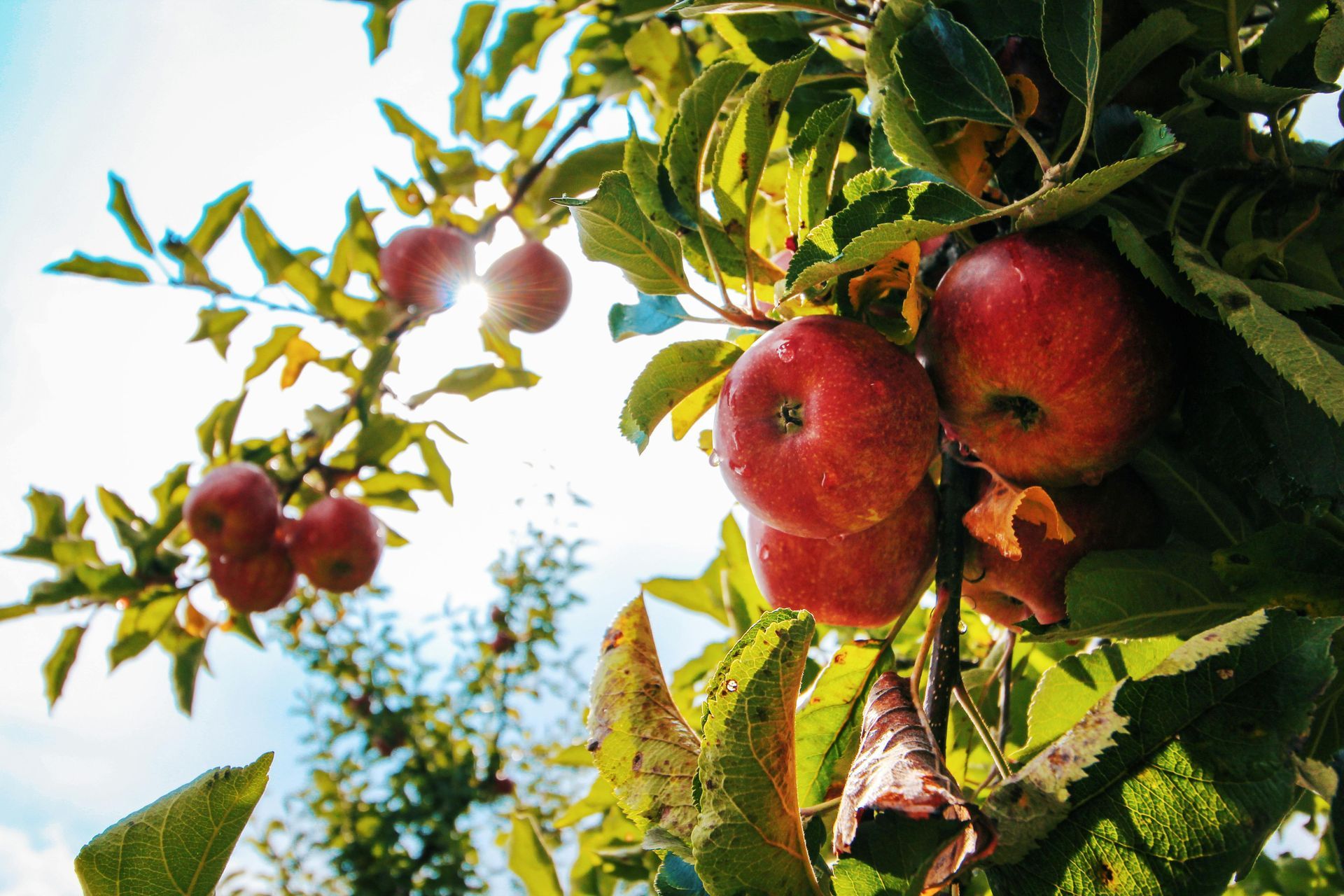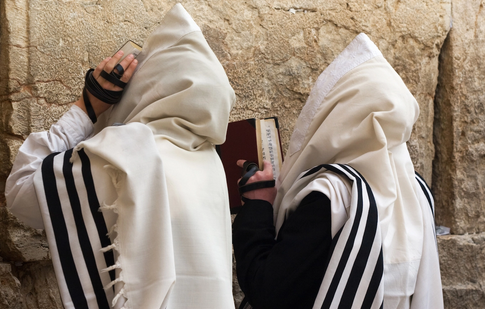Jewish Fasts Every Summer
This year, 5782 on the Hebrew calendar, 2022 on the civil calendar, there are two fast days during the summer months.
In the month of Tammuz, we have 17 Tammuz, which falls on July 16, 2022. And in the month of Av we have 9 Av, which falls on August 6, 2022.
Both fast days are set aside to commemorate a series of tragedies throughout Jewish history.
During the fast in July this year we remember the Romans breaking through the walls around the city of Jerusalem in 69 CE. During the fast in August this year we remember the Babylonians destroying the First Holy Temple in 587 BCE, as well as the Romans destroying the Second Holy Temple in 70 CE on the same
calendar day.
These two fast days also set aside a three-week period called “The Three Weeks.”
They mark the beginning and the end of this special period of the Hebrew calendar every year.
Both summer fast days of 5782 (2022) have another feature in common – they occur on Shabbat. This is rare, and it triggers unique halakhot, Jewish religious laws for proper observance.
The most significant of these laws requires the fasting on the day after Shabbat, instead of fasting on the actual fast date.
This year, that means the fast in July is observed on Sunday, July 17th and the fast in August is observed on Sunday, August 7th.
If you’re new to Judaism, you don’t need to know all the history behind the fast days, or all the laws involved in observing the fast days. But you might choose to notice the cycles on the Hebrew calendar, including The Three Weeks of summer.
Three Weeks of Summer
The Three Weeks also have specific, unique halakhot, Jewish laws, to engender remembrance and respect for great losses in Jewish history, which laws and customs can be learned later.
Commemorating tragedies in the heat of the summer months contrasts distinctly with our observing Shabbat every week, as well as our annual festivals.
On Shabbat, Passover, Shavuot, and the High Holy Days, beginning with Rosh Hashanah, we are joyful. We prepare for joyful celebration, and we walk through each holiday with an attitude of festive joy. Being joyful is a mitzvah, a good Jewish deed! So, each Shabbat during The Three Weeks we take a break from the general mourning period of loss.
This year, 5782 (2022) we start the three-week period being joyful on Shabbat and again, near the end of the three-week period, we are joyful on Shabbat.
The Three Weeks of 5782 (2022) may be your first encounter with Jewish fast days, and one of your first connections to the Hebrew calendar.
It is one of many significant periods of the year that connect our lives with Jewish history and our Jewish future.




